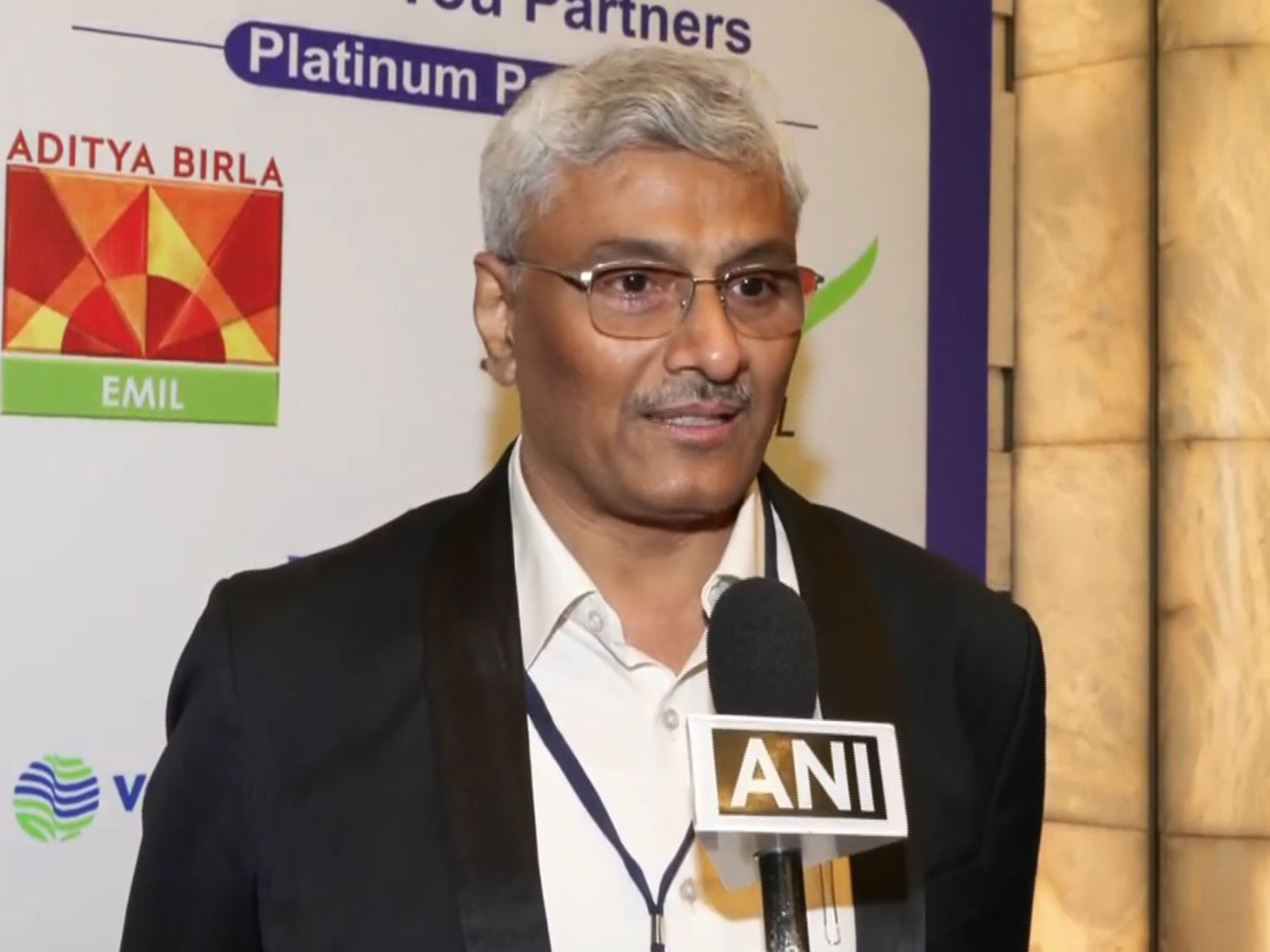India's Urgent Quest to Bolster its Mineral Ecosystem
India must swiftly bridge significant gaps in its mineral ecosystem to achieve self-reliance in clean energy and advanced manufacturing, according to Vilas Tathavadkar, CTO of Hindalco Industries. Tathavadkar emphasized collaboration and rapid policy reform to unlock the potential of critical minerals like gallium and vanadium.

- Country:
- India
In a decisive move towards achieving self-reliance in clean energy and advanced manufacturing, India must urgently address crucial gaps in its mineral ecosystem, according to Vilas Tathavadkar, Chief Technology Officer at Hindalco Industries Ltd. Speaking to ANI during the Indian Mining Summit 2025 in New Delhi, Tathavadkar called for a collaborative approach among industry, academia, and government to bridge these value chain gaps.
Tathavadkar emphasized the pivotal role that critical minerals play in fueling India's energy transition, electric vehicle adoption, and semiconductor goals. Although India is rich in resources like gallium, vanadium, and tellurium, derived as by-products of copper and aluminum production, the country lacks the necessary infrastructure to process these minerals for advanced applications. 'To use gallium in semiconductor applications, we require purification processes,' he stated.
Identifying the scarcity of skilled human resources as a pressing challenge, Tathavadkar noted a significant shortage of expertise in mining and metallurgy across academia, industry, and policymaking. He stressed the need for a coordinated effort to cultivate talent and knowledge pipelines, underscoring the critical nature of these skills to India's mineral ambitions.
Warning against prolonged development timelines, Tathavadkar urged for rapid advancements, advocating for startup involvement and international collaborations. He called for comprehensive policy reforms encompassing the entire value chain—from exploration to advanced applications like semiconductors and battery storage—to accelerate progress.
Highlighting recycling as an untapped resource for critical minerals, Tathavadkar advocated for robust systems to recycle and reintegrate used materials. Citing Novelis, Hindalco's U.S. subsidiary, he showcased a model of closed-loop recycling where aluminum cans return to shelves within 45 days. 'Adopting such systems could reduce our dependence on imports,' he suggested.
Finally, Tathavadkar warned against limiting mineral production to domestic needs, which could render projects economically unfeasible. He proposed a structured export policy to scale operations while safeguarding national interests, emphasizing the importance of creating economically viable solutions.
(With inputs from agencies.)










